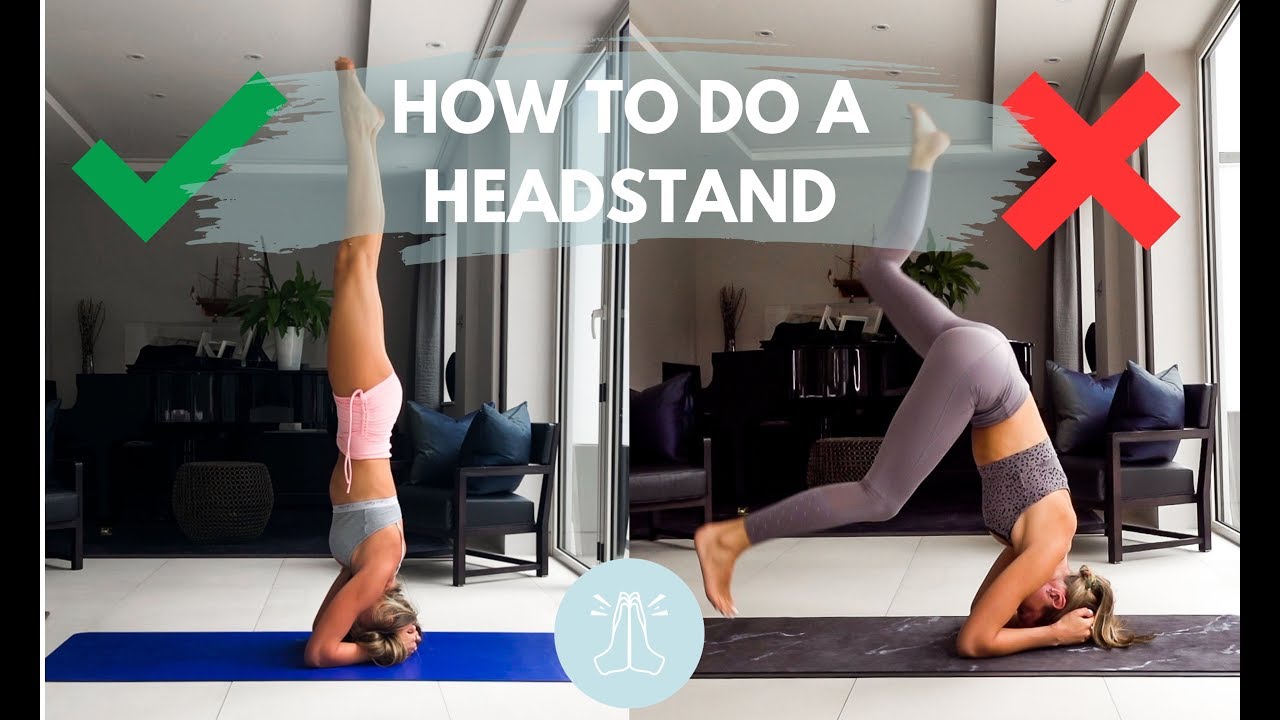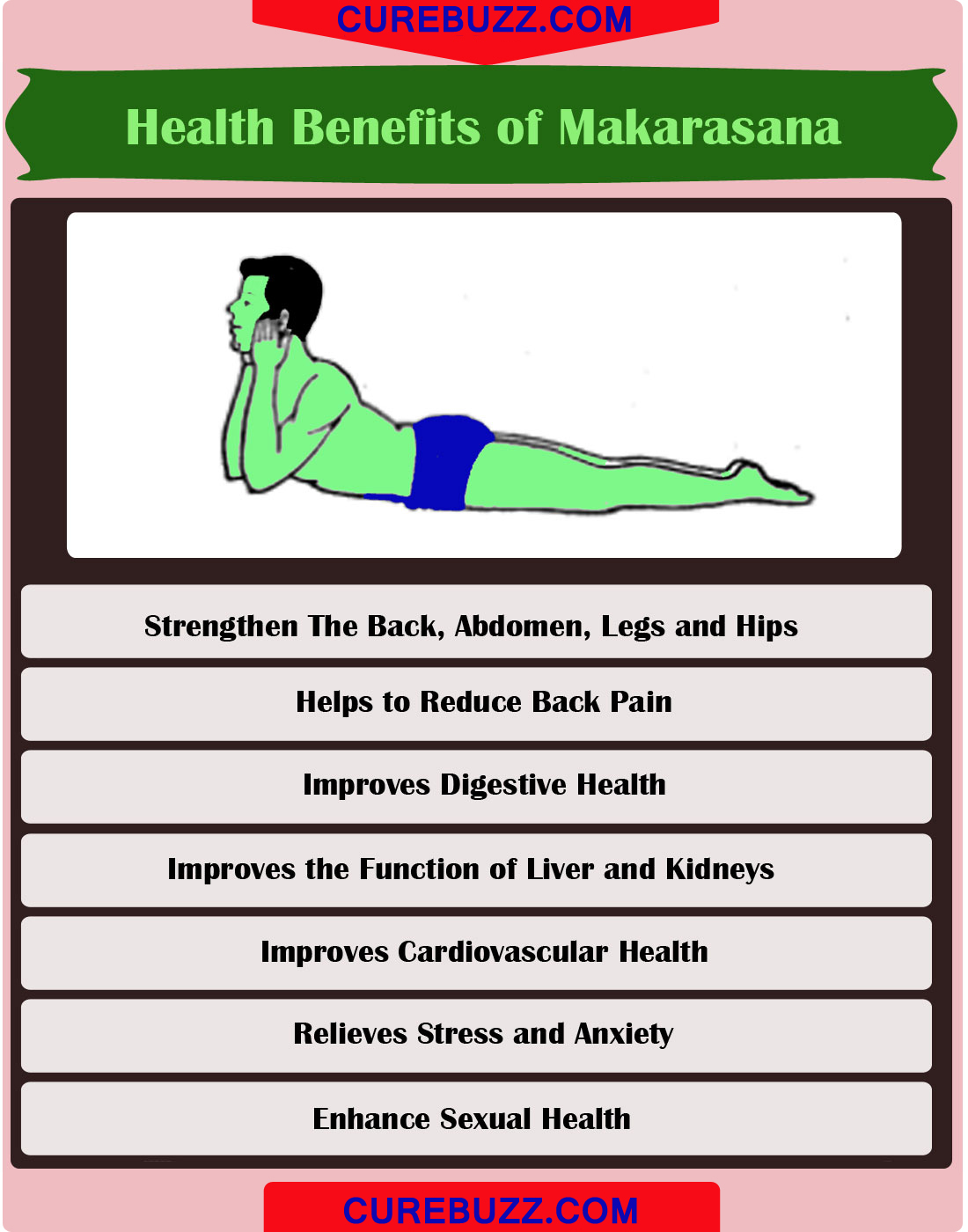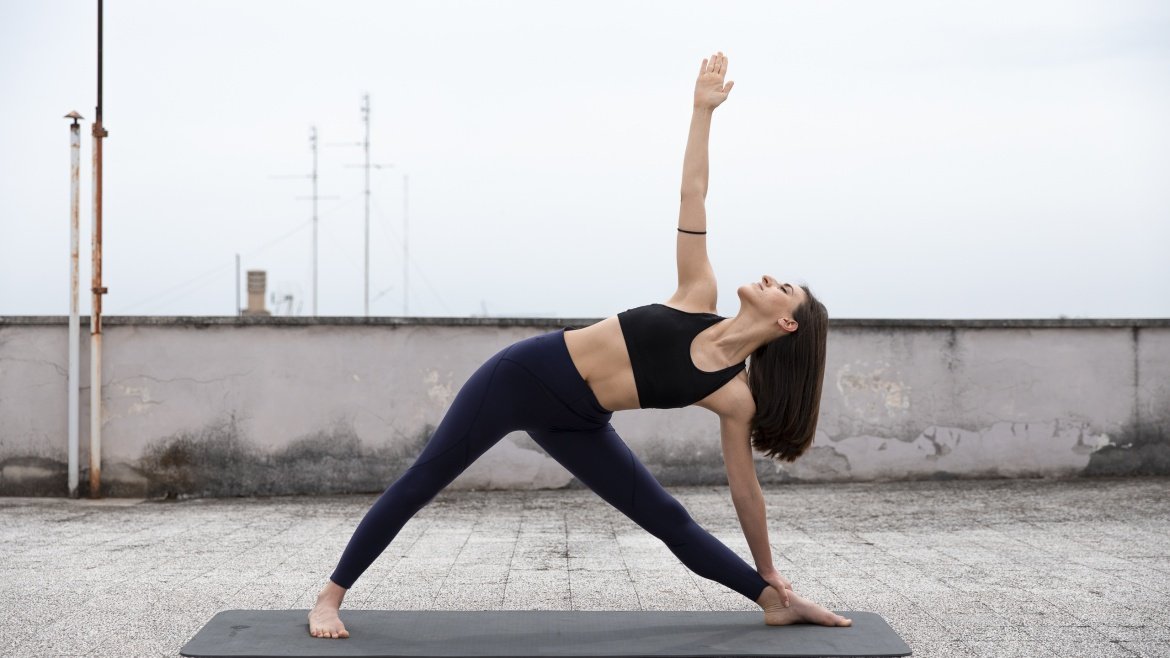
Yoga encourages deep breathing and relaxation, both of which are essential for a good night of sleep. The exercise alters the balance between parasympathetic and sympathetic nervous systems. This is a restorative, calming activity. This nervous system helps to lower blood pressure and increase blood flow to the intestines. Herbert Benson calls this state of deep relaxation the relaxation response. Yoga can help you get better sleep by reducing stress.
Researchers found that yoga practice for five years significantly decreased blood pressure and pulse rate in a recent study. To lower your risk of developing heart disease, it is important to lower blood pressure. Furthermore, the physical activities of yoga may help slow down the progression of heart disease, according to a study conducted on 113 patients. The research shows that yoga has many benefits, including a lower risk of colon cancer. The yoga yogis believed that the twisting poses of Yoga would aid in the removal of waste from the body.

Post-traumatic stress disorder (PTSD) symptoms can be reduced by yoga exercises. People with PTSD may find yoga helps them cope with sensory and physical trauma. In addition, a growing body of research has shown that yoga can increase emotional awareness and thereby reduce the severity of symptoms. Some yoga poses involve the use of props and yoga meditation to increase awareness of the mind and body. It's not clear if yoga can help with PTSD. However, it is worth a try.
In terms of improving blood flow, yoga improves the circulation of red blood cells and hemoglobin. These red blood cells carry oxygen throughout the body, and yoga also thins blood by cutting clotting-promoting proteins. It reduces strokes and heart attacks. Yoga can improve our overall health and reduce our risk of developing cardiovascular disease.
Yoga can help you improve your flexibility. It might seem difficult at first to be able do yoga. However, as time goes by, you will find it easier to hold a pose and be more confident. The increased strength and endurance of muscles can also lead to improved mental health. You should be as flexible and adaptable as you can.

Yoga is a form that can help you combat stress. Many studies have demonstrated that yoga can increase our quality of living. Studies have shown that people who regularly practice yoga report improved mental health and physical well-being. People who practice yoga have higher levels of self-awareness and relaxation. Focusing on the breath helps improve digestion which makes it feel calmer and peaceful.
FAQ
What is the best 7-day workout program?
A seven-day exercise plan should include cardiovascular training (running/biking/swimming), strength exercises (using weight machines, free weights) and one flexibility/core program (yoga or Pilates). It's essential to do each activity at least once a week. Each session should last no more than 45 minutes.
Cardiovascular Exercises: Running, biking, swimming
Your goal is to exercise at least 60 minutes each week. For best results, aim for 75 minutes per week. Cardio exercise can improve blood flow and stimulate muscle development.
Strength Training
Cardio exercises work on the heart and lungs. Strength training works on the muscles and bones. Strength training can help you burn calories even when you're not working out.
Flexibility & Core Workouts
Core and flexibility exercises are great ways of strengthening your whole body. Yoga and Pilates are both excellent choices.
What's the best workout for men over 40?
The best exercise for older men is one that gives them more energy, and increases their stamina.
It is important to remember that most people over 40 experience a decline in testosterone, leading to lower sex drive.
This doesn't mean that you shouldn't still engage in physical activity. Research has shown that exercise regularly can increase testosterone in men.
So, if you want to improve your sexual performance, you can start with an aerobics routine.
Do I have to exercise while drinking alcohol?
Yes. Alcohol increases energy expenditure, speeds up recovery times, and reduces soreness.
Also, alcohol increases insulin sensitivity which makes it easier to absorb glucose.
However, alcohol can cause dehydration, which can slow down your metabolism. Alcohol can also lower testosterone production, which could lead to a decrease in muscle-building potential.
For these reasons, women shouldn't drink alcoholic beverages before working out. Women who drink heavily should wait at LEAST 24 hours before they start working out.
Nursing mothers should abstain from alcohol as much as they can.
Men should only consume one drink per day.
What Is The Best Way To Lose Weight?
Losing weight is easier said than done. Many people give in to temptation because they don't know how to proceed.
To lose that extra weight, however, there are simple steps you could take.
First, make sure you eat less calories than you burn. If you consume more calories than what you burn, you will gain weight.
For all of those extra calories to be burned, it is important that you exercise regularly. There are many types of exercise you can do, such as walking, running, cycling, and dancing.
Third, quit smoking cigarettes and alcohol. These habits lead to a higher intake of calories than usual.
Fourth, you should cut back on junk food. You can replace these unhealthy foods with healthier choices like fruits, vegetables, lean proteins, whole grains and nuts, seeds and beans, as well as other healthy options such a legume, fruit, vegetable, legumes, whole grain, nuts, seeds, and beans.
Fifth, you need to change your lifestyle and adopt new habits. You might need to get up earlier every morning to do some exercise before going to work.
Sixth, discipline and following a diet plan are essential.
For those extra calories, you could join a class or go to a gym.
You will quickly notice the difference by following these simple tips.
What is a good daily gym routine?
Regular exercise is essential to staying fit. No matter what kind of exercise you do, as long you do it consistently. Consistency and consistency are the keys to success. You must be consistent if you are to see results.
Begin small daily activities like walking. Gradually increase your exercise time until you are able to spend 30 minutes per day. This could include running, cycling, swimming, weight training, yoga, or aerobics classes.
You should try to ensure that you exercise most days of the week. You should not miss any sessions unless there is a good reason.
Make sure to wear appropriate clothing and footwear for outdoor exercise. You also need to consider the weather conditions and whether they affect your ability to exercise safely.
When you exercise, make sure you are drinking plenty of water. Drinking alcohol during exercise can cause dehydration. Caffeinated beverages such as tea, coffee, and cola should be avoided. They can provide energy, but they also dehydrate.
After your first exercise, you may feel tired. But if your workouts are continued, you will feel more energetic.
What does butter do?
Butter is one of many good sources of saturated fats. This type is beneficial for healthy skin and hair as well as stronger bones.
Vitamin K, found in butter is an antioxidant that prevents bleeding from cuts. Vitamin K is combined with vitamin C to prevent bruises.
Butter is also rich with minerals, such as calcium and phosphorous. These elements promote stronger bones and teeth.
However, butter has some drawbacks. Butter contains high amounts of cholesterol. There are studies that show excess cholesterol may increase the likelihood of developing cardiovascular diseases.
Butter is also high in saturated fat which can lead to obesity and higher cholesterol.
If you have to have butter, spread it on bread instead of dipping it in soup or salad. Bread absorbs more oil than potatoes or pasta.
Statistics
- 10 pounds in a month is likely during a lean bulking phase, especially for beginners. (muscleandstrength.com)
- Are You One of the 20% of Guys (mh.co.za)
- Get free shipping and 25% off today. (healthline.com)
- Candidates and applicants must pass all four tests at 70% (minimum level) to graduate from Basic Deputy U.S. Marshal (BDUSM) Training. (usmarshals.gov)
- An estimated calorie range for moderately active adult males falls between 2,200 to 2,800 calories per day, depending on age. (eatright.org)
External Links
How To
How do I lose weight while working out?
Exercise burns calories through increased metabolism and oxygen consumption.
If you exercise with moderate intensity, you can safely lose weight.
These are some tips to help you lose fat while working out:
-
Do cardio exercises such as walking, swimming, jogging, cycling, running, or elliptical training.
-
You can exercise for 30 mins three times per week.
-
Add strength training to your workouts if you are looking to lose more weight.
-
Avoid doing intense exercises. You can build muscle and not break down muscle tissue.
-
Drink plenty of water during exercise. Water helps flush out toxins and keep your body properly hydrated.
-
After working out, make sure to drink low-fat proteins shakes. Protein shakes are great for your muscles and energy.
-
Smaller meals are better for you.
-
Don't skip breakfast! You can feel tired and slow if you skip breakfast.
-
Take care of your mind. Stressful situations can affect your metabolism.
-
Keep a positive attitude. Studies have shown that people who are convinced they are overweight gain more weight than those who feel they look attractive.
-
Get enough sleep. Insufficient sleep can make it more difficult to lose weight.
-
Always be active. Make sure you get up and move every hour.
-
Maintain a healthy diet. Eat right to feel satisfied and full for longer.
-
Relaxation is possible by finding ways to relax. A tense mind doesn't allow your body to release stress hormones that break down muscle tissue.
A balanced diet contains all necessary nutrients for growth and development.
You should eat six small meals per day rather than three large ones. This gives your body time and energy to process the food.
You need about 500 milligrams of calcium daily to maintain strong bones. Calcium can be found as a dairy product such as milk, yogurt and fortified soy drinks, orange juices, cereals, breads, and cereals.
Calcium is found in leafy vegetables, beans and tofu, as well nuts, seeds and cheese.
Vitamin D is essential for calcium absorption. Vitamin D can also be found in some fortified foods such as eggs, fish, and yolk.
Vitamin E plays an important role in skin health. It's found in vegetable oils, wheat germ oil, peanuts, almonds, sunflower seeds, and corn.
Your body requires zinc to function normally and for wound healing. Zinc can be found as a mineral in oysters.
Zinc deficiency may cause fatigue, loss appetite, depression, and impaired immunity.
Sugar intake can lead to insulin resistance which causes blood glucose levels to rise. Insulin resistance can lead to weight gain.
Insulin resistance develops when there are high levels of free radicals in the bloodstream. Free radicals are molecules with unpaired electrons that damage cell membranes and other parts of the body.
Most free radicals come from pesticides herbicides, food additives, preservatives smoking, radiation, chemical in cosmetics, lotions and household cleaning supplies.
Free radicals can lead to cancer and heart disease, diabetes mellitus, arthritis, asthma, and premature aging.
Eating a well-balanced diet with antioxidants is the best way to prevent free radical damage. Antioxidants protect against oxidative damage.
Vitamin C, beta carotene (found within citrus fruits, carrots, sweet potatoes and spinach), Vitamin E (found inside nuts, olive oils, avocados and eggs), and Vitamin C (found among mangoes.
Selenium, copper and manganese are all antioxidant nutrients.
Selenium protects cells against oxidative damage from free radicals. Selenium may be found in Brazil nuts as well tuna, liver and kidneys. It can also be found on shrimp, cod, turkey, beef lamb, pork, chicken, and other foods.
Copper protects your eyes, brain, eyes and red blood cell. Copper can be found in meat, shellfish, meat, and organ meats.
Manganese, an essential component of bone strength, is crucial. Manganese can also be found in oatmeal, brown rice, spinach and bananas.
Zinc is essential for normal growth, reproduction, wound healing, and average growth. Zn is present in lean cuts of meat and white fish, as well as eggs.